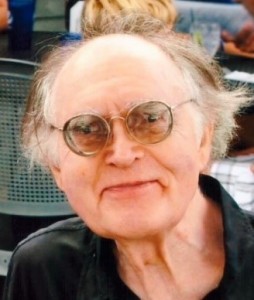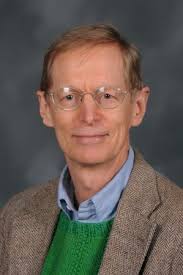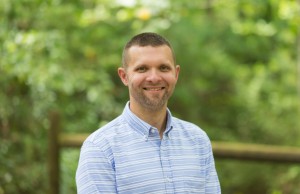 Robert Smid is Senior Lecturer in Philosophy and Religion at Curry College. We invited him to answer the question “What does philosophy of religion offer to the modern university?” as part of our “Philosophers of Religion on Philosophy of Religion” series.
Robert Smid is Senior Lecturer in Philosophy and Religion at Curry College. We invited him to answer the question “What does philosophy of religion offer to the modern university?” as part of our “Philosophers of Religion on Philosophy of Religion” series.
As several others have pointed out, any answer to this question depends on how the terms in the question are defined. While the previous series of this blog focused on what “philosophy of religion” is, any answer to the question at hand will so depend on how that prior question is addressed that it is necessary to begin there. I take philosophy of religion to be that sub-discipline of philosophy that is concerned with the most basic questions pertaining to the study of religion; in other words, it addresses the philosophical questions at the root of religious studies that the latter, as a social science, cannot address for itself. The most basic of these questions, of course, is “what is religion?” (or, perhaps better, “what is it to be religious”), but it also extends to such related questions as “what counts as religious?” and “who gets to decide?” More developed and specialized versions of these questions include: Is religiosity a characteristic of only some persons, or is it a characteristic of human beings more generally? In what respect are religious truth-claims similar to and different from other kinds of truth-claims? What phenomena not typically considered ‘religious’ might be better understood when examined through the lens of religious studies? Inevitably, these questions bleed into the discipline of religious studies, but one might just as well say that, pressed back to their root, the questions of religious studies bleed back into philosophy.
Of course, these are not the questions that have historically driven philosophy of religion. When one can assume Christian normativity—as Western universities often could, at least culturally, prior to the twentieth century—the attention of philosophy to matters of religion can be focused primarily, if not exclusively, on Christian philosophical concerns. These include, but are not limited to, the existence of God, the reality of free will, the explanation of miracles, the possibility of an afterlife, and so on. Considered outside of such normativity, however, it is unclear why these questions pertain specifically to philosophy of religion: either one is working out these philosophical concerns within the context of a particular religious tradition or set of traditions (in which case it is better understood as philosophical theology), or one is working out such concerns irrespective of their religious implications (in which case it is better understood as philosophy more generally). Thus, for example, arguments concerning the existence of a Judeo-Christian God would count as the former (whether made by theists or atheists), while arguments about the possibility of other planes of existence (such as the “supernatural”) would count as the latter.
To be of appropriate service to a modern university, philosophy of religion should reflect the pluralistic context within which such universities now exist. In this respect, philosophy of religion should be a comparative enterprise, at least insofar as the consideration of any specific religious phenomenon takes place only within the context of a consideration of religious phenomena more generally. This would help to prevent giving disciplinary preference—explicit or implicit—to the philosophical concerns of one tradition or another.
It is precisely in helping to cultivate this broader perspective that philosophy of religion has the most to offer the modern university. The modern university is many things, and has interests that are both varied and often at odds with one another; however, it includes at least the following: providing a broader and deeper understanding of the world for its students than was possible in secondary school, improving the job prospects for its graduates, supporting the continual development of its disciplines, and contributing to the development of a well-informed and responsible citizenry. By broadening perspectives through the comparative and critical examination of basic assumptions, philosophy of religion—like philosophy more generally—can contribute to each of these interests. Stated simply, the student who can think critically and creatively about such assumptions is more likely to thrive in a world that struggles to see past its own conventionalities.
Philosophy of religion, however, is in a particularly strong position to make this contribution. Religious life remains one the dimensions of human life most often rendered immune from critical examination outside of the academy, so a student who learns to think critically about religious subject matter will not only have had to develop particularly strong critical thinking skills but is also likely to be a more culturally sensitive global citizen as a result. Philosophy of religion thus not only has something of theoretical value to offer to the college, but something of immediately practical value as well.
Ultimately, then, the question of what philosophy of religion has to offer the modern university depends on whether it is able to move beyond the preoccupations of its parochial Christian history and engage the broader array of religious life as such. While it is important to be aware of this historical trajectory, it would be a mistake to become bound by it. If philosophy of religion can take this comparative turn, then I think that it has a great deal to offer the modern university. If it cannot, then it will be difficult to see what it has to offer that philosophic theology or philosophy more generally do not already offer. The modern university continues to change, as does the religious landscape around it; the value of philosophy of religion will be determined by its ability to adapt to these changes and serve their needs.



